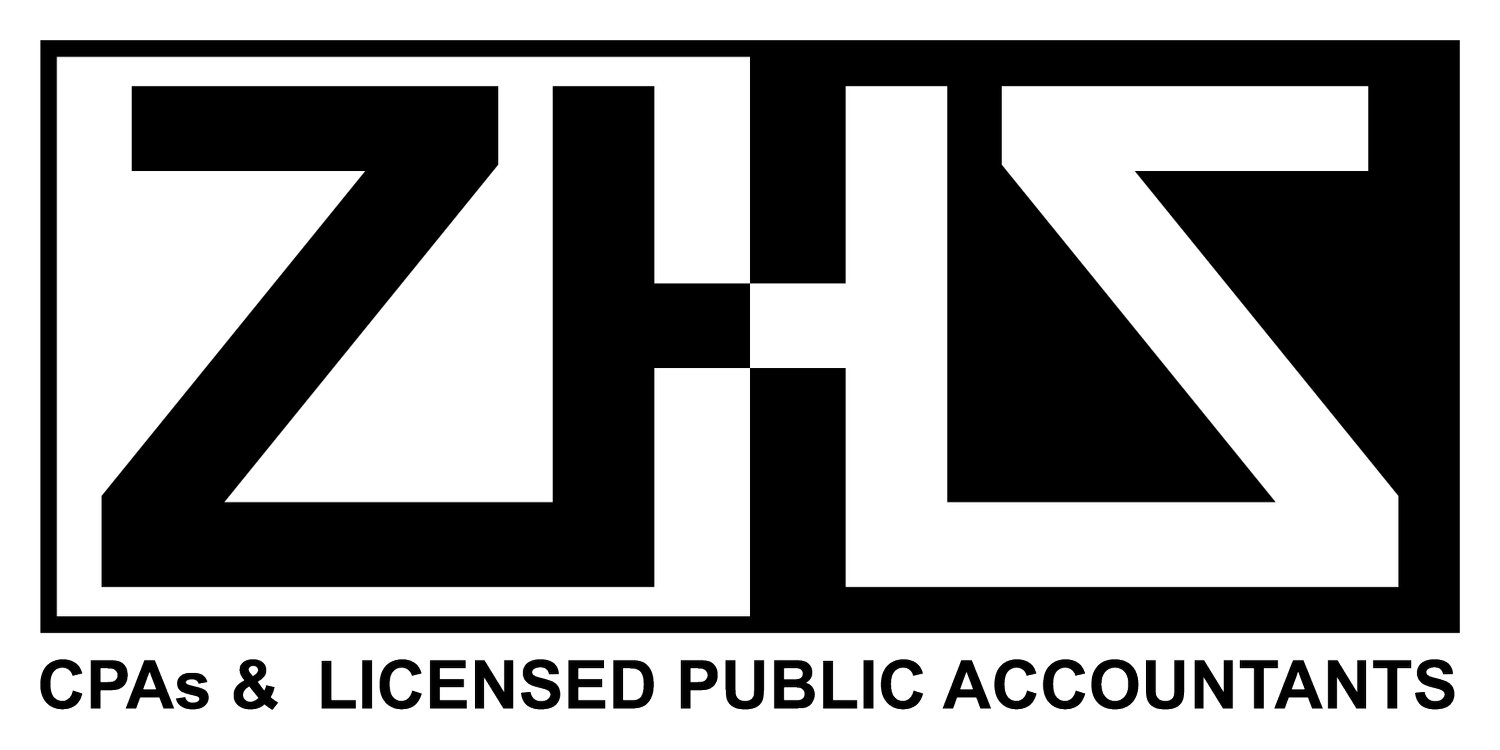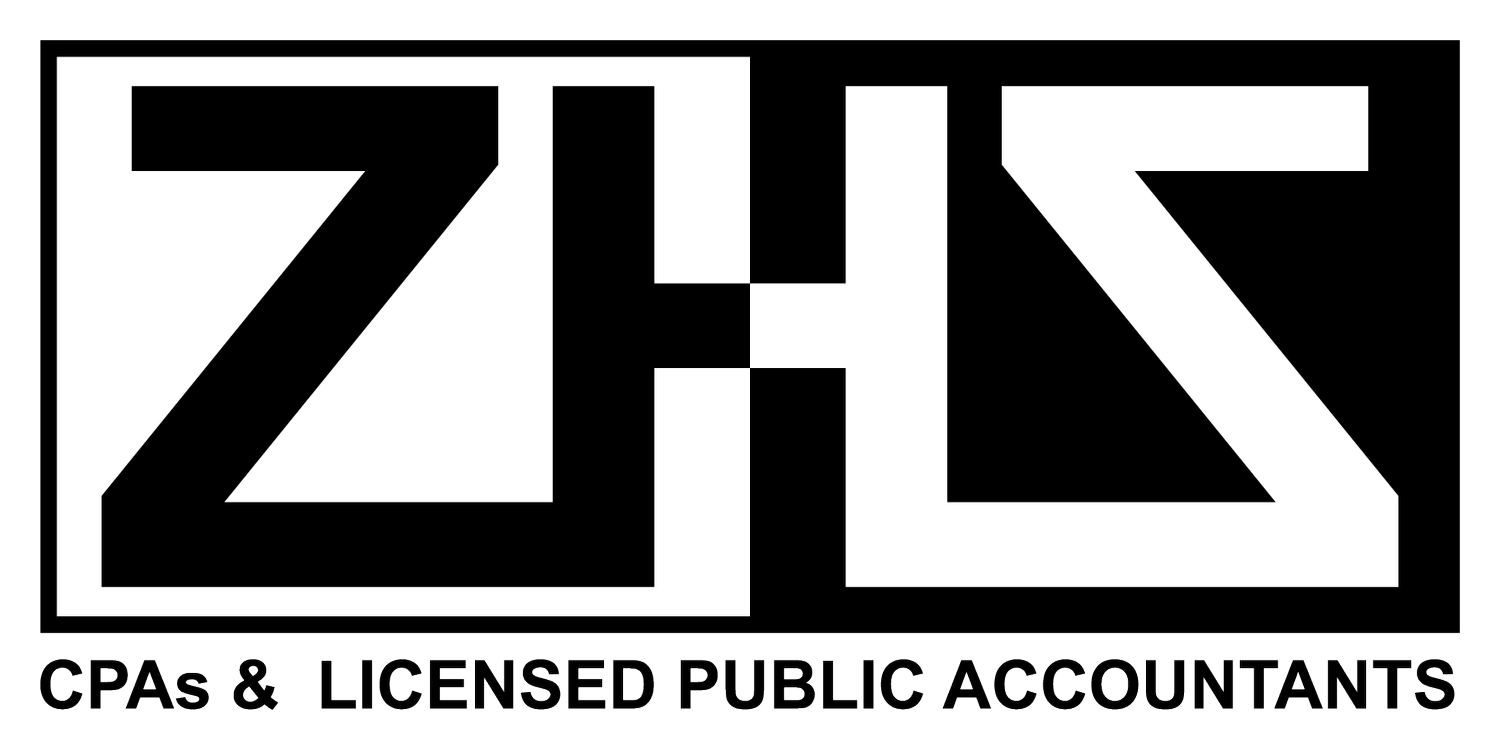Tax Technology Trends in 2023 and Beyond
The rapidly evolving accounting and taxation industry is adapting to new technology trends but you need to be proactive to stay ahead of the competition.
The recent advent of generative artificial intelligence (AI) tools needs a robust response from the tax function as well.
The complexity of the tax function combined with the adoption of the latest tech trends means tax professionals are becoming strategic partners.
Let’s take a look at some of the key tax tech trends that are shaping in 2023 and will continue to dominate in the coming years.
Cloud-Based Taxation Systems
Cloud accounting is the new normal, there is no question about that. It brings too many advantages to ignore and its adoption is no more a choice.
Cloud accounting brings different advantages like real-time data updates, data analysis, fast reporting, easier collaboration, and flexible scalability.
Moreover, the use of cloud-based taxation systems empowers businesses to bring in-house or outsourced talent pool easily. Collaboration with outsourced tax professionals is easier with the cloud than any other form of data storage.
In short, cloud-based accounting systems are essential to streamline the tax function and the cost of falling behind the competition will be too high to ignore this already matured trend.
Increased Use of Generative AI Tools
Accuracy has been a key challenge for the tax function for decades. Generative AI tools can help you solve complex problems and improve data accuracy.
Generative AI tools can solve complex data processing and tax liability calculations at a rapid pace. Moreover, these generative AI tools can be used in data research, risk assessment, and tax planning as well.
Another area where AI can play a big role is compliance with tax regulatory compliance. Defining and application of ever-so-fast-changing tax regulatory framework is always challenging and AI tools might just solve that issue for us.
Data Analysis Powering Decision-Making Processes
Cloud, AI, and Big Data combined can help process large sets of data that could otherwise seem impossible.
The use of the latest technology in finding tax discrepancies, tax optimization, and accurate liability calculation can help empower decision-makers too.
In fact, data analytics can help empower tax professionals to take the strategic thinkers’ roles. Their valuable input becomes pivotal at every level of strategic planning for any organization.
All that is possible through smart data management and data analytics.
Outsourcing to Leverage the Latest Tax Tech Systems
Outsourcing the tax function to skilled professionals will never go out of trend. For small and medium-sized businesses, it will remain a critical need due to lack of resources.
Access to the latest tax technology isn’t cheap. Also, the complexity of the tax regulatory framework combined with the tech advancement means outsourcing will remain a key trend.
A recent Deloitte report suggests that around 74% of businesses see outsourcing as main approach for handling their tax function neends and a whopping 80% of them think access to technology is the most or somewhat important factor for outsourcing.
A Coherent Effort Through People, Technology, and Systems
A major challenge that ensures success of the latest technology deployment is to bring coherent efforts through people, technology, and installed systems for your organization.
It remains an evolving trend to put people on the front-end of tech adoption trends. Your systems are as effective as the people utilizing them.
Moreover, bringing the right technology and developing the right tax systems that align with your business’s objectives remain critical for your tax function’s success in the long run.

